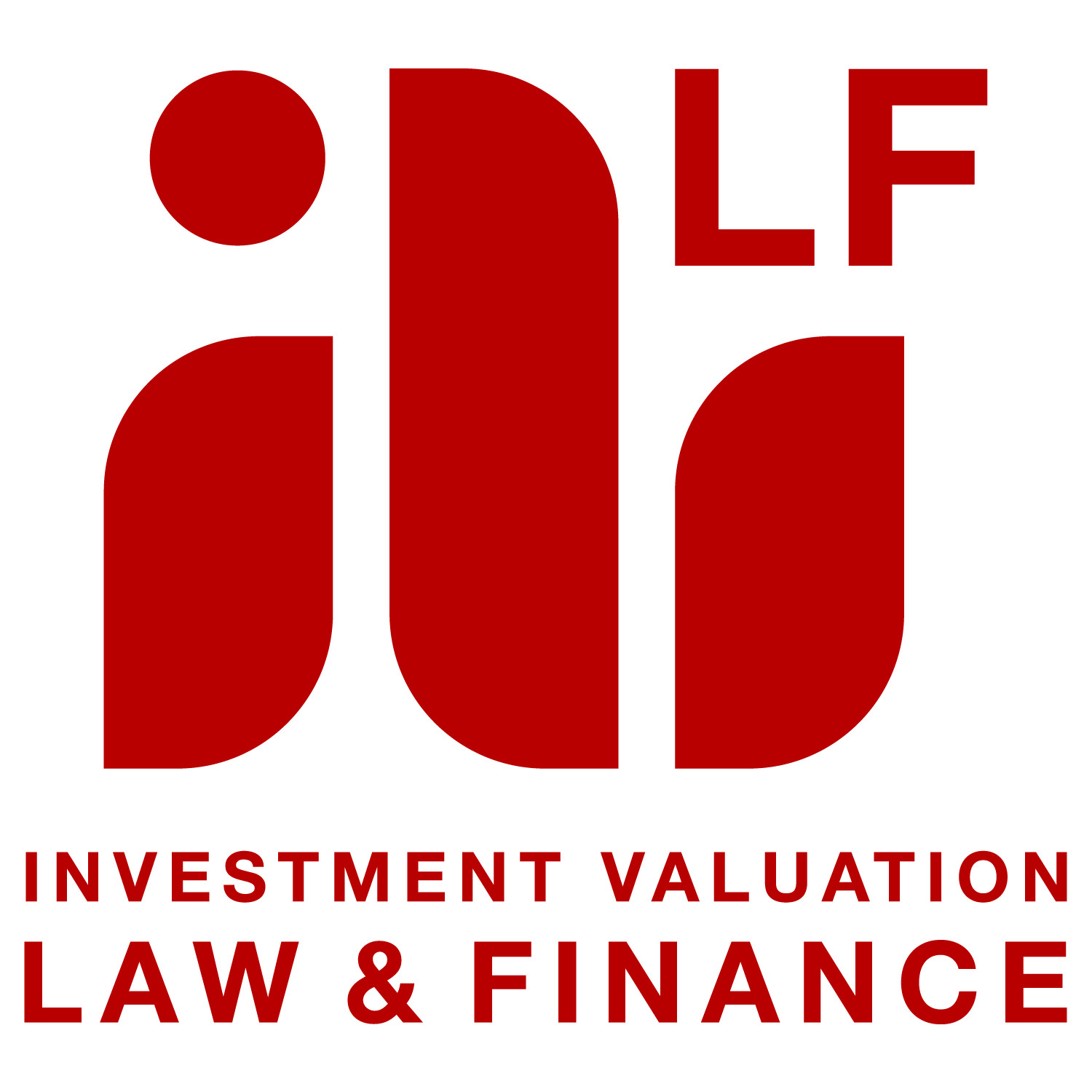Best Private Equity Lawyers in Vietnam
Share your needs with us, get contacted by law firms.
Free. Takes 2 min.
Or refine your search by selecting a city:
List of the best lawyers in Vietnam
![[DDC] DONG DU INTERNATIONAL ACCOUNTING, TAXES & LEGAL CONSULTING GROUP HCMC VIETNAM](https://lawzana.com/storage/firms/2690/17617306202399.jpg)
About Private Equity Law in Vietnam
Private Equity (PE) involves investment in private companies or the acquisition of public companies with the intent to make them private, followed by efforts to improve business performance and realize returns through eventual sale or public offerings. In Vietnam, private equity activity has grown rapidly over the last decade, driven by the country’s strong economic growth, an expanding middle class, and favorable government policies for foreign investment. Private equity transactions in Vietnam typically include mergers and acquisitions (M&A), leveraged buyouts, growth capital, and venture capital financing.
While the Vietnamese legal framework welcomes investment and is increasingly aligning with international practices, it still contains complexities unique to the local context. Investors and companies require a clear understanding of regulatory, compliance, and operational aspects to be successful in this dynamic environment.
Why You May Need a Lawyer
Private equity transactions can be complex and involve significant legal, financial, and operational considerations. In Vietnam, you may need a lawyer in the following situations:
- Assessing possible private equity fund structures and investment vehicles suitable to your needs
- Due diligence on target companies to identify legal and financial risks
- Negotiating and drafting contracts, shareholder agreements, and investment agreements
- Ensuring compliance with Vietnamese regulations on foreign investment and capital contributions
- Navigating approval and licensing processes with government agencies
- Managing post-acquisition integration and restructuring
- Resolving disputes with partners, shareholders, or regulators
- Advising on exits, whether through sale, IPO, or other divestment methods
An experienced private equity lawyer can provide guidance to help investors minimize risks, optimize transaction structures, and facilitate smoother investment processes in Vietnam.
Local Laws Overview
Vietnam’s legal environment for private equity is shaped by several key regulations and practices. Key aspects include:
- Foreign Investment Regulations: The Law on Investment and Law on Enterprises govern the process for foreign individuals and entities investing in Vietnamese businesses. Some sectors are subject to foreign ownership limits or additional regulatory approvals.
- Approval and Licensing: Many private equity investments involving foreign investors require registration or approval from local authorities, such as the Department of Planning and Investment or the State Bank of Vietnam in case of financial sector investments.
- M&A Rules: The Vietnam Competition Law and other sector-specific regulations can influence M&A transactions, particularly with respect to antitrust filings, concentrations, and market share thresholds.
- Capital Contribution and Profit Repatriation: There are detailed provisions on how capital can be contributed (in cash or in kind), record keeping, and the procedures for transferring profits abroad.
- Shareholder and Voting Rights: Corporate governance structures are shaped through the Law on Enterprises, which dictates rights, obligations, and procedures for board actions, shareholder meetings, and voting.
- Dispute Resolution: Vietnam allows for dispute resolution through its local courts, the Vietnam International Arbitration Center, or other agreed arbitration bodies.
It is important to note that local practices and interpretations can differ across regions, making on-the-ground legal advice essential for success in Vietnam’s private equity market.
Frequently Asked Questions
What is private equity and how does it operate in Vietnam?
Private equity involves raising and investing capital in businesses, usually to drive growth or restructure operations. In Vietnam, private equity investors typically acquire stakes in local companies through direct investment, M&A, or joint ventures.
Can foreign firms establish private equity funds in Vietnam?
Yes, foreign firms can establish and manage private equity funds in Vietnam, but they need to comply with local regulations on foreign fund management, obtain necessary licenses, and sometimes partner with a domestic entity.
Are there restrictions on foreign ownership in Vietnamese companies?
Yes, certain sectors restrict foreign ownership, while other industries are fully open to foreign capital. Legal advice is necessary to confirm sector-specific limitations and required approvals.
What are the main steps in a private equity transaction in Vietnam?
Typical steps include due diligence, negotiation and drafting of agreements, regulatory filings and approvals, transfer of funds and shares, and, where applicable, post-transaction integration.
Is due diligence necessary, and what is commonly reviewed?
Due diligence is vital to assess legal, financial, tax, and operational risks. It typically reviews company licenses, compliance records, contracts, litigation history, and financial statements.
How are disputes between investors and Vietnamese companies resolved?
Disputes can be resolved through local courts, mediation, or arbitration bodies such as the Vietnam International Arbitration Center or via international arbitration if agreed in the investment contract.
How can profits from private equity investments be repatriated?
Profits can be repatriated after fulfilling regulatory and tax obligations. The funds must go through a registered investment capital account as required by the State Bank of Vietnam.
What are the common exit strategies for private equity investors in Vietnam?
Common exit methods include trade sales, selling to other investors, conducting an IPO, or selling shares back to the original owners or management.
What are the key legal documents involved in a private equity deal?
Key documents include the term sheet, investment agreement, shareholders’ agreement, charter (articles of incorporation), and various ancillary contracts such as employment or service agreements.
Do private equity transactions require government approval?
Most foreign-related transactions require notification or approval from Vietnamese authorities, particularly if they involve regulated industries or certain ownership thresholds.
Additional Resources
If you are seeking more information or official guidance on private equity in Vietnam, consider the following resources:
- Ministry of Planning and Investment (MPI): The main regulatory body for investment approvals and company registration.
- State Securities Commission of Vietnam (SSC): Oversees securities and fund management activities.
- Vietnam International Arbitration Center (VIAC): Provides arbitration services for commercial disputes.
- Vietnam Association of Financial Investors (VAFI): Offers guidance and networking for investors.
- Local and international law firms: Many provide free publications or seminars about the latest developments in Vietnamese private equity law.
Next Steps
If you need legal assistance in the field of private equity in Vietnam, consider taking these steps:
- Clearly define your investment goals and the type of transaction you wish to pursue.
- Gather all relevant company and financial documents for review.
- Consult with a law firm or legal advisor experienced in private equity transactions in Vietnam.
- Discuss potential challenges, timelines, and costs involved in your transaction.
- Coordinate with other professional advisors, such as tax or financial consultants, as needed.
- Maintain open communication throughout the transaction to ensure compliance and smooth execution.
Working with a knowledgeable local legal advisor can help you navigate the complexities of Vietnamese private equity law, protect your investment, and maximize your chances of success in this vibrant market.
Lawzana helps you find the best lawyers and law firms in Vietnam through a curated and pre-screened list of qualified legal professionals. Our platform offers rankings and detailed profiles of attorneys and law firms, allowing you to compare based on practice areas, including Private Equity, experience, and client feedback.
Each profile includes a description of the firm's areas of practice, client reviews, team members and partners, year of establishment, spoken languages, office locations, contact information, social media presence, and any published articles or resources. Most firms on our platform speak English and are experienced in both local and international legal matters.
Get a quote from top-rated law firms in Vietnam — quickly, securely, and without unnecessary hassle.
Disclaimer:
The information provided on this page is for general informational purposes only and does not constitute legal advice. While we strive to ensure the accuracy and relevance of the content, legal information may change over time, and interpretations of the law can vary. You should always consult with a qualified legal professional for advice specific to your situation.
We disclaim all liability for actions taken or not taken based on the content of this page. If you believe any information is incorrect or outdated, please contact us, and we will review and update it where appropriate.
Browse private equity law firms by city in Vietnam
Refine your search by selecting a city.
















